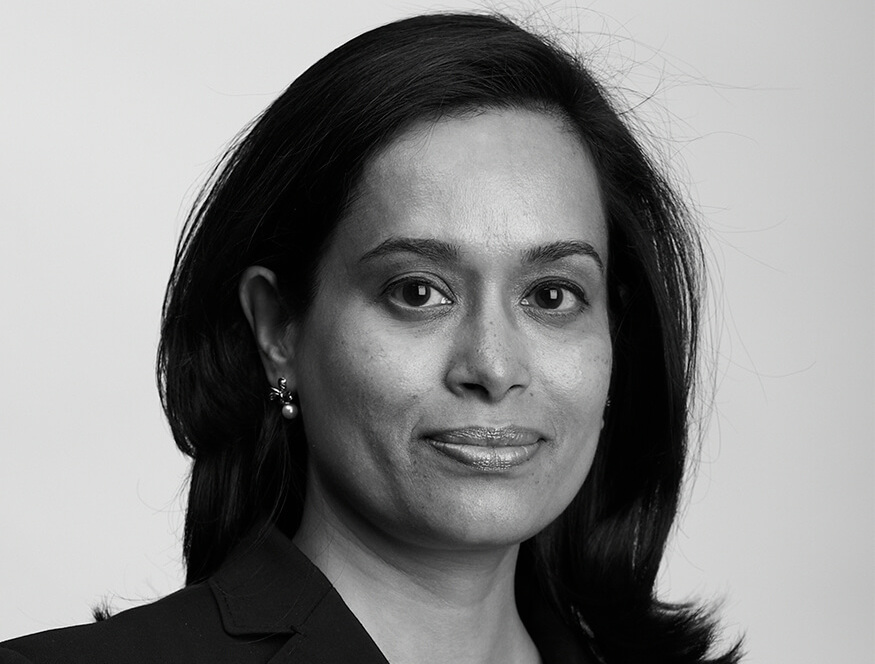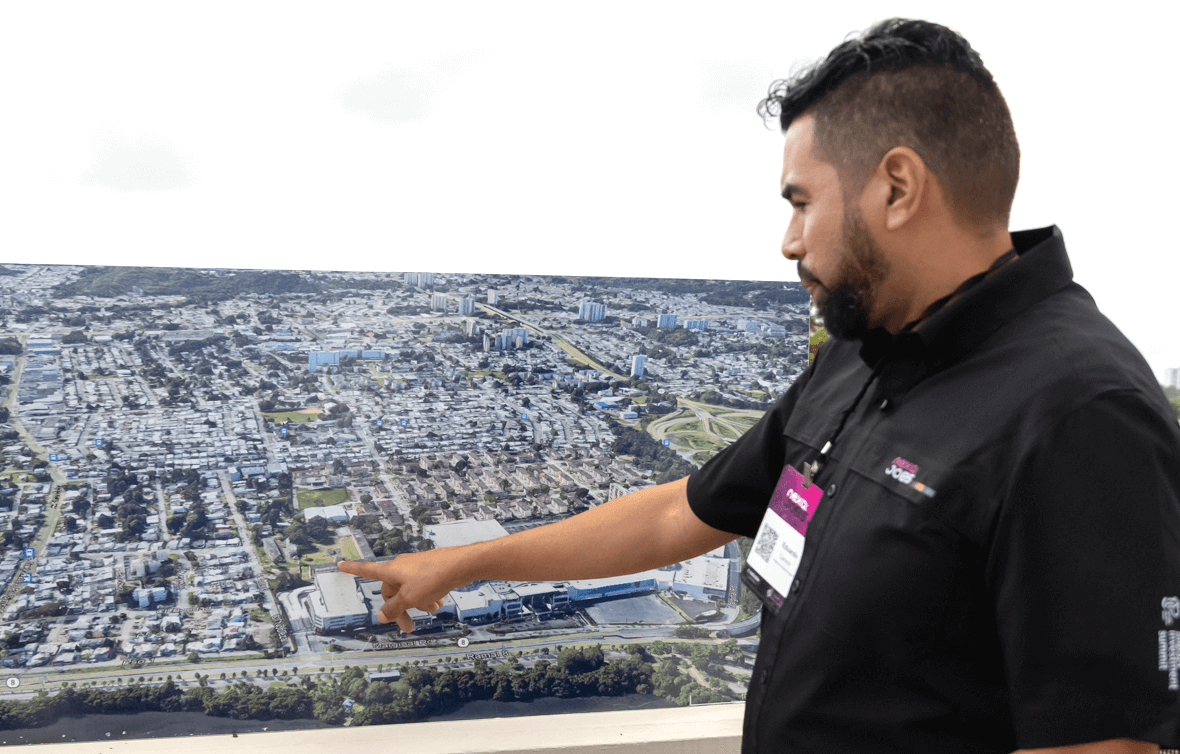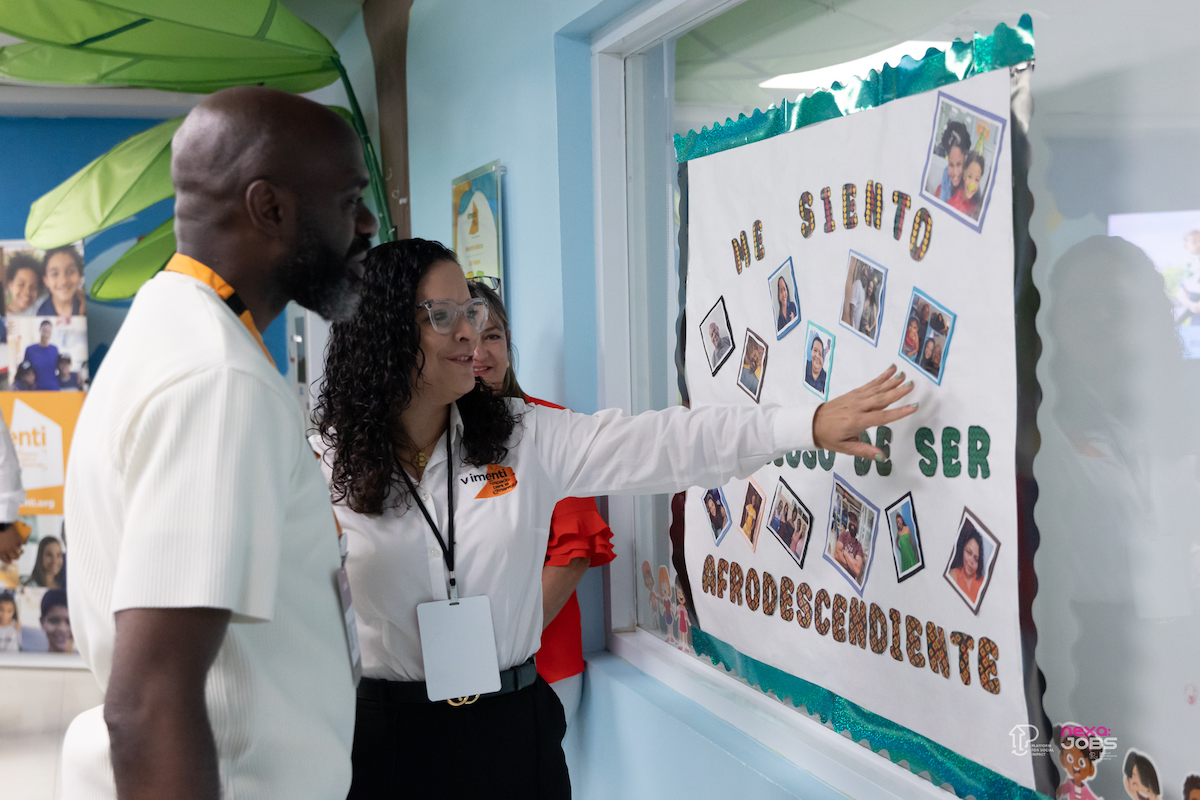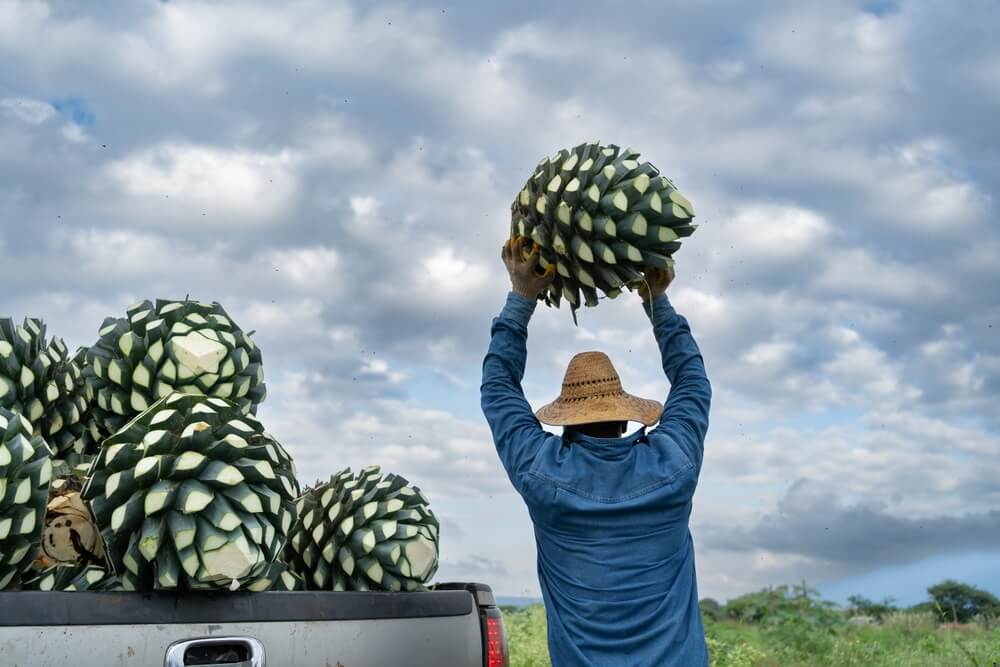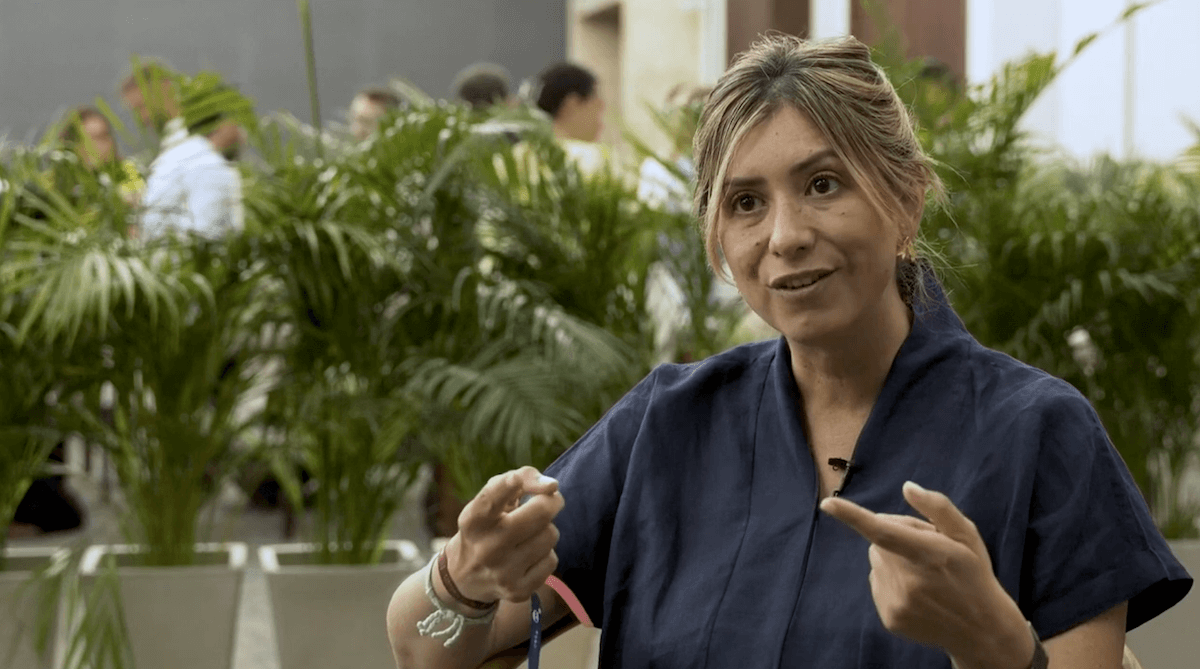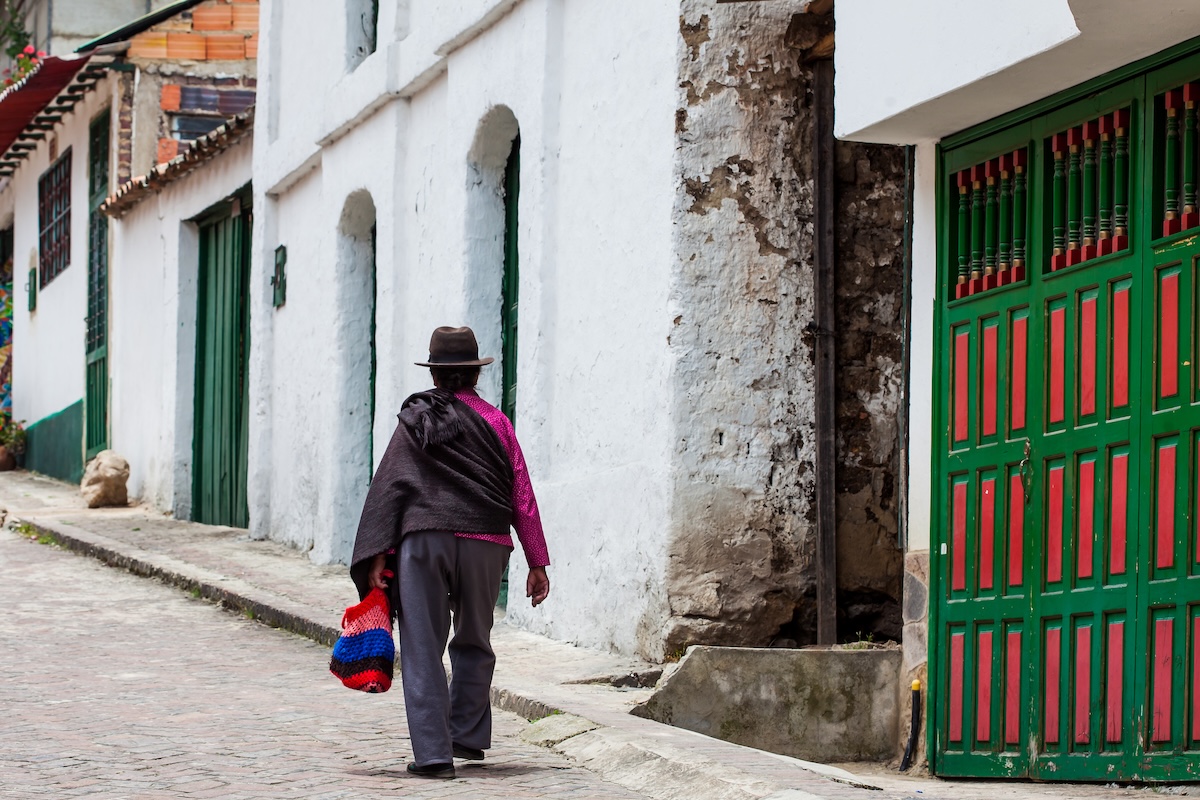As the Covid-19 pandemic began to spread around the world in early 2020, gloomy predictions about the coronavirus’s effects on Africa also made headlines.
Human-rights groups feared that the lack of infrastructure and gaps in health services could result in a widespread public health crisis. The economic outlook for Africa turned bleak as the lockdown measures designed to control the spread of the disease resulted in the continent entering its first recession in 25 years.
So far, however, the pandemic has largely spared Africa, which has reported significantly fewer cases and deaths than other regions. While finance experts still worry that Africa’s firms will bleed from the economic impact of the coronavirus, Runa Alam, Co-founding Partner and CEO of Development Partners International (DPI), reveals that her portfolio companies have found ways to adapt and grow even in the face of the pandemic’s challenges.
Founded in 2007, DPI, a pan-African private equity firm with an established track record of investing in Africa, has made 24 investments in 22 portfolio companies operating in 29 African countries. It has three funds with a total of $1.7 billion in assets under management. The funds invest in large companies with strong projected growth rates and experienced management teams. These businesses span 17 sectors, including telecommunications, credit retail, banking, insurance, education, pharmaceuticals, and more.
DPI works in close partnership with businesses and entrepreneurs to create value for investors and society. When the pandemic hit Africa, DPI acted quickly, creating a Covid-19 crisis response checklist for the CEOs of its portfolio companies. The checklist, which outlines six key actions CEOs must consider in the face of Covid-19, is just one example of DPI’s longstanding value as a “hands-on” and trusted investor. To date, DPI’s hands-on strategy and the accompanying checklist is working: 100 percent of DPI’s companies are still operating despite the pandemic, and in the last two months, most of its companies have begun growing again.
I recently sat down with Alam to learn about the history of DPI, how its portfolio companies are pivoting during the time of Covid-19, and the advice she has for investors considering Africa during the current climate.
The following interview has been edited for clarity and length.
Emily Langhorne: Could you explain why you co- founded DPI?
Runa Alam: In college and then in business school, I knew I wanted to work in finance involving emerging markets because only private sector capital can deploy significantly large amounts of capital in developing countries. I find poverty an indignity, and I believe that lack of poverty is a human right. Those were my beliefs at 17, and I haven’t changed them.
I’ve been investing in Africa for 22 years. I started in African private equity when the Pan-African private equity industry started, which was the late 1990s. After eight years of investing, I thought ‘to do this correctly, one needs significant influence, and the best way to have this is to start a business,’ so that’s what my partner, Miles Morland, and I did. We wanted to build a fund manager that was best in class and had a value system of transparency, collegiality—meaning not huge hierarchies—and properly aligned incentives. Inclusivity was always a big part of the plan, and today, the investment team is 100 percent African but from many countries, and the DPI team is over 45 percent women.
The idea of an African private equity firm is not so radical today, but 14 years ago, if you said you were going to operate in Africa, people thought you were an NGO or, best case, an impact fund but certainly not a for-profit, commercial private equity fund.
DPI is impact investing but at commercial returns. Across the portfolio, we focus on three buckets for impact: gender balance, climate change, and job enhancement. We always looked at least one impact bucket at the company level. Because we are growth investors, we create jobs as our companies, but job enhancement is equally important. Very few companies in Africa give their employees a roadmap to promotion or the ability to train, move up, and do better. That’s important. We’ve also emphasized the importance of occupational safety across our companies, grievance mechanism, amongst other “best practices”.
So that was the vision: having a high-return fund that also provides excellent ESG and impacts African societies in a positive way.
Langhorne: How do equity investments into portfolio companies contribute to improving the lives of people throughout Africa?
Alam: What we do is growth investing. We grow companies, which gives our investors a return, and in the growth of companies, jobs are created. Every job in Africa, on average, supports 20 people. So, if you have 40,000 employees across Africa, think about how many people you’re providing with a livelihood. That’s the most obvious one.
In this Covid world, we’ve also been very intentional about trying to save jobs. If there has to be any firing, furloughing comes first so that that employee can come back at some point. Less than one percent of our companies’ workforce has been retrenched.
In addition, DPI focuses on three impact buckets which can be pegged back to the United Nations Sustainable Development Goals: Job Creation and Enhancement, Gender Balance, and Climate Change as well as impact work specific to each of our investee companies, which can touch many of the remaining SDGs.
Langhorne: What are the biggest challenges your portfolio companies are facing because of the Covid-19 pandemic?
Alam: The good news is that we don’t have any companies that are in immediate danger. Seventy percent of our companies were deemed “emergency” or “essential” companies. They’re in pharmaceuticals, education, microfinance, food, etc. They were not allowed to shut down.
One hundred percent of our companies are operating, and in the last two months, most of our companies have clawed back to EBITDA growth from this time last year, so they have adapted to the current environment and are growing again.
Early on, we put in place a protocol for our CEOs—a Covid-19 CEO checklist. When we create a checklist for use with our companies, we are building off the back of years of strong relationships between us and our management teams. And, the checklist isn’t just sent along with a “here it is: good luck with it.” We work with our companies daily so that the checklist items are fleshed out. Less than one percent of our companies’ employees have had COVID.
Langhorne: A lot of the recent media headlines focus on the ‘doom and gloom’ that the pandemic will bring for Africa’s economy. What are your thoughts on that?
Alam: The assumption is that if there’s a problem in a developed country, it’s much worse in Africa, but the fact is that there are different problems in Africa to those in the developed world. In fact, African countries are doing better in COVID-19 infections and deaths, even after consideration of under-reporting and under-testing, than many developed countries. The World Health Organization has reported around 24,400 deaths on the continent of Africa, which has a population of 1.3 billion.
Africa has a very young population. The average age is 19.5. Sixty percent of Africans are below the age of 25. That means this disease isn’t detrimental to most Africans because they’re young. Now is there comorbidity? Absolutely. There are people who are susceptible to malaria and people who are malnourished. That can be a problem.
Much has been made of Africa entering its first recession in over two decades, but many places around the world are also facing recessions. This is the case in most of Europe and North America, and Australia is going into its first big recession in over three decades. Africa is a continent and within this continent there are countries in Africa that are still growing. Not every African country is entering a recession.
Langhorne: How are businesses adapting their practices in the face of the pandemic?
Alam: There are long-term trends that are happening in Africa, and they are no different than trends everywhere else. There has been a quick adoption of technology: selling online and servicing online. In Africa, it’s being done through the cell phone which is ubiquitous unlike computers which are less prevalent.
Another trend, which is also true globally in any recession, is that customers have less discretionary spending so every company must rethink its product line. As I said, most of our companies are in essential services. People still need food, pharmaceuticals, and bank accounts. They still need insurance. They still need to educate their children. These are the industries that our companies are in, but within those industries, companies still have to think about lower-price, higher-value offerings. Our management teams are successfully doing this work.
Langhorne: What advice would you give to investors considering Africa?
Alam: First, investing in Africa can be a hedging strategy to investing in developed countries. Africa fits into a portfolio because it doesn’t have up-and-down movements that are generally in line with the U.S., whereas Asia does because it exports to the U.S. If the U.S. economy goes down and consumption goes down, then it affects Asia. African countries’ biggest trading partners are China and Europe. If you invest in Africa, and you have investments in Europe, the U.S., and China, these investments will move in different ways.
Second, if you are interested in creating alpha, which many investors are chasing, many of the funds in Africa are still delivering good returns because private equity managers must be “hand on” investors in this region.
Last, in recent years, Africa generally has been the second-fastest growing economy after emerging Asia, and that’s not a bad place to be. The longer-term trends of rapid urbanization, a young population leading to favorable demographics, leap-frogging in technology and other such factors are still present in Africa. We expect once economies open up fully that growth will return to Africa.
Emily Langhorne is a communications specialist at USAID INVEST. Vanessa Holcomb-Mann is INVEST’s senior investment advisor.
USAID INVEST, an initiative that unlocks private capital for better, more sustainable development results, is helping contribute to Africa’s economic development by mobilizing investments into the continent.

